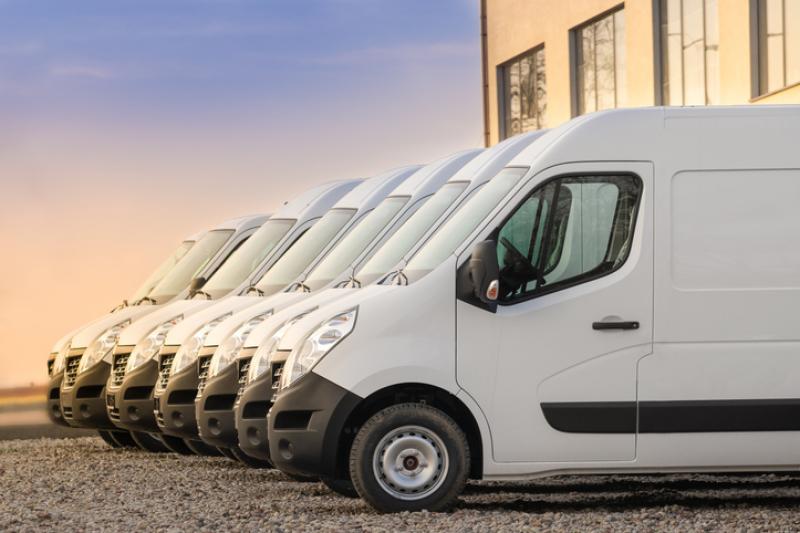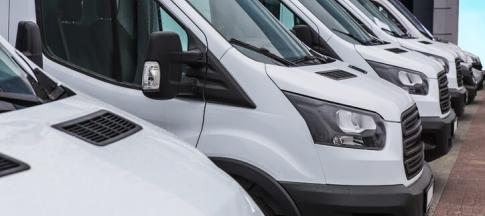
Depending on your circumstances, owning a van may not be realistic for your business or budget. Leasing is a popular option that lots of business owners are opting for.
Below, we’ll explain the difference and compare buying and leasing to help you make a decision right for you.
While other finance products also use “lease” in their name, we’re referring to Contract Hire.
What’s the difference between leasing and buying a van?
Buying a van can be done either by a cash payment upfront or using a loan such as Personal Contract Purchase (PCP) or Hire Purchase (HP). We explain PCP and Hire Purchase more in our car finance jargon buster.
Leasing a van means you’ll make monthly payments to use the vehicle for a certain period and return it at the end of the agreement.
Some lease agreements offer the option to buy the van, but it’s not standard, so check with the lease company if you’re interested in this.
What are the advantages of leasing a van?
- You can start your van-based business without having a huge sum saved
- If eligible, the VAT payable on the initial and monthly rentals should be reclaimable if you use the van for business purposes
- You don’t have to worry about depreciation as the lease company takes on any losses if the value of used vehicles falls
- The owner collects a leased van on an agreed date, meaning there’s no faffing when disposing of it
- The deposit (or initial rental) is usually more affordable than a loan deposit
- Maintenance such as MOTs or servicing may be paid for
- Some lease plans come with benefits, and they may include tax
What are the disadvantages of leasing a van?
- You need a good credit rating to get a lease
- Any excess damage will incur an often-non-negotiable bill for repair
- You must return your van at the end of your lease
- At the end of the period and you’ll need to start from scratch
- You’ll pay a ‘pence per mile’ charge if you exceed your agreed mileage
- If you need to stop payments, you’ll have to pay a financial settlement
What are the advantages of buying a van?
- There are no monthly payments if you buy it outright
- You control when you upgrade your van
- If eligible, you can reclaim the VAT on your next tax return
- No mileage restrictions
- While the van depreciation risk is yours, you’ll benefit if used values increase
- It’s in your best interest to keep your van in good nick if you want maximum resale value, but no one will tell you off for a scratch
What are the disadvantages of buying a van?
- It’s an expensive up-front payment
- Brand new vans will depreciate straight-away
- Getting rid of your old van is time-consuming
Insuring your van
While some van leasing agreements offer built-in van insurance, you should check what you’re covered for.
Otherwise, you’ll need van insurance suited for your usage. We offer various cover options for many professions if you use the van for business.
I started my career selling vans in the mid-eighties, progressing through dealer groups to management level. In 2010 I joined vehicle valuation company CAP, being made responsible for forecasting future used values for all makes and models of vans and trucks, this data being used by leasing companies and manufacturers to assess future risk. This role entailed very early exposure to new models including extensive testing across Europe.
In 2016 I started up my own consultancy business dedicated to the LCV industry. In addition, my freelance written work has been used by a number of clients and I am a regular contributor to WhatVan? magazine. I’m also a judge for their annual ‘Van of the Year’ awards.
To relax, I enjoy travel and walking near my Yorkshire home.


